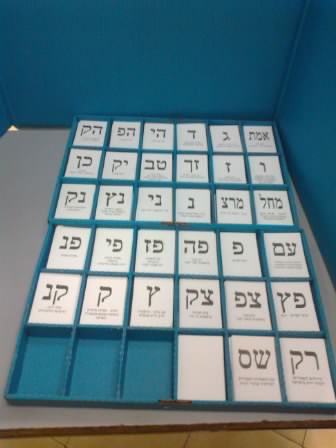UPDATES
If anything, a weakening of the far-right in Israel
March 18, 2015 | Ahron Shapiro

SBS called it a “shift to the hard right“, but they’re dead wrong.
With over 99 percent of the vote counted, it is apparent that the shift that actually occurred in yesterday’s Israeli election was in the opposite direction – a move of many far-right voters towards the centre, along with an impressive climb in support for the now-united Arab parties and a decrease in support for the ultra-Orthodox parties as a result of the split in Shas. In fact, overall, the final tally bears a remarkable resemblance to the 2013 election, with the exception of these significant developments.
In the 2013 elections, the right-wing bloc (also known as the “National Camp”) received 43 seats: 31 seats for the combined Likud – Yisrael Beitenu list (Likud Beitenu) and 12 for the Naftali Bennett-led Bayit Hayehudi party. On Wednesday, the same parties combined for… the exact same 43 seats! However, what was different is that fewer votes went to the parties right of Likud. This time, Likud won 29 seats, Bayit Hayehudi got 8 seats, and Avigdor Lieberman’s Yisrael Beitenu received just 6 seats.
The comparison remains valid when examining the centrist parties. In the last election, Yesh Atid was the only real centrist party in play and won 19 seats. This time around, there were two such parties – Yesh Atid and Kulanu. Yesh Atid dropped to 11 seats, while Kulanu debuted with 10 seats. That accounted for a rise of two seats, or a 10.5 percent increase for that voting bloc.
Meanwhile, the two Arab parties and the Communist Hadash party received collectively 11 seats in 2013. The same parties running together received 14 seats, a net gain of three seats for them and an impressive 27 percent rise in their totals.
The ultra-Orthodox parties – Shas and United Torah Judaism – dropped from 18 seats in 2013 to just 14 seats – a drop of 22.2 percent in their bloc. This drop can be entirely attributed to the wasted votes for the Shas breakaway party of Yachad, which only missed crossing the threshold and getting four seats by the slimmest of margins. (Some believe they may yet cross the threshold after the soldiers’ votes are counted, which would change the overall electoral picture slightly, bringing the Haredi parties to their previous total in any case.)
Finally, let’s look at the left-wing bloc. In 2013, Kadima (which, while ostensibly centrist, remained in Opposition with the left) won two seats, Hatnua (ostensibly centre and a member of Netanyahu’s coalition though leaning decidedly left in its views on the peace process) received six, Labor 15 and Meretz six, for a total of 29 seats. This election, the parties representing this bloc combined for a nearly identical total of 28 seats. How so? The Zionist Union – Labor and Hatnua together – received 24 seats, while Meretz received four (a drop of 33.3 percent by virtue of losing two seats).
So, there you have it. On Wednesday, the right and left blocs were virtually unchanged in strength, with an overall trend of consolidation around the traditional Labor and Likud anchor parties at the expense of other parties (most evident on the right). The ultra-Orthodox dropped in strength, while the Arabs gained. The centre also saw a modest rise.
With a result so similar to the previous election, it should come as little surprise that Prime Minister Binyamin Netanyahu is widely expected to lead the next government, in whatever configuration he devises that works well for him.
Ahron Shapiro
Update: Shortly after this blog was posted, the allocation of seats changed slightly as the vote count continued. Likud gained a seat to a total of 30 while United Torah Judaism lost a seat, now down to six. Be that as it may, the overall points of the blog are not diminished by these minor shifts.
Tags: Israel





